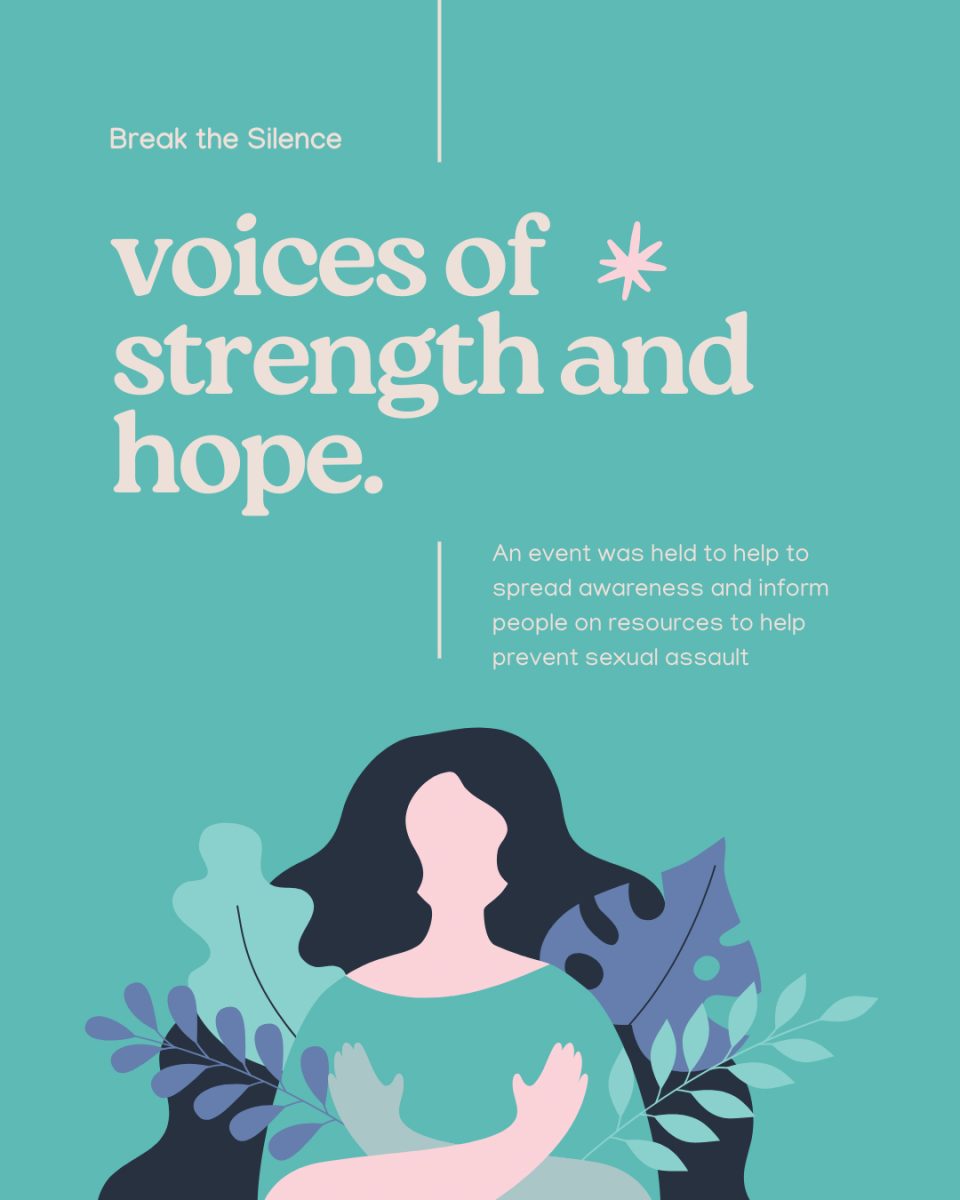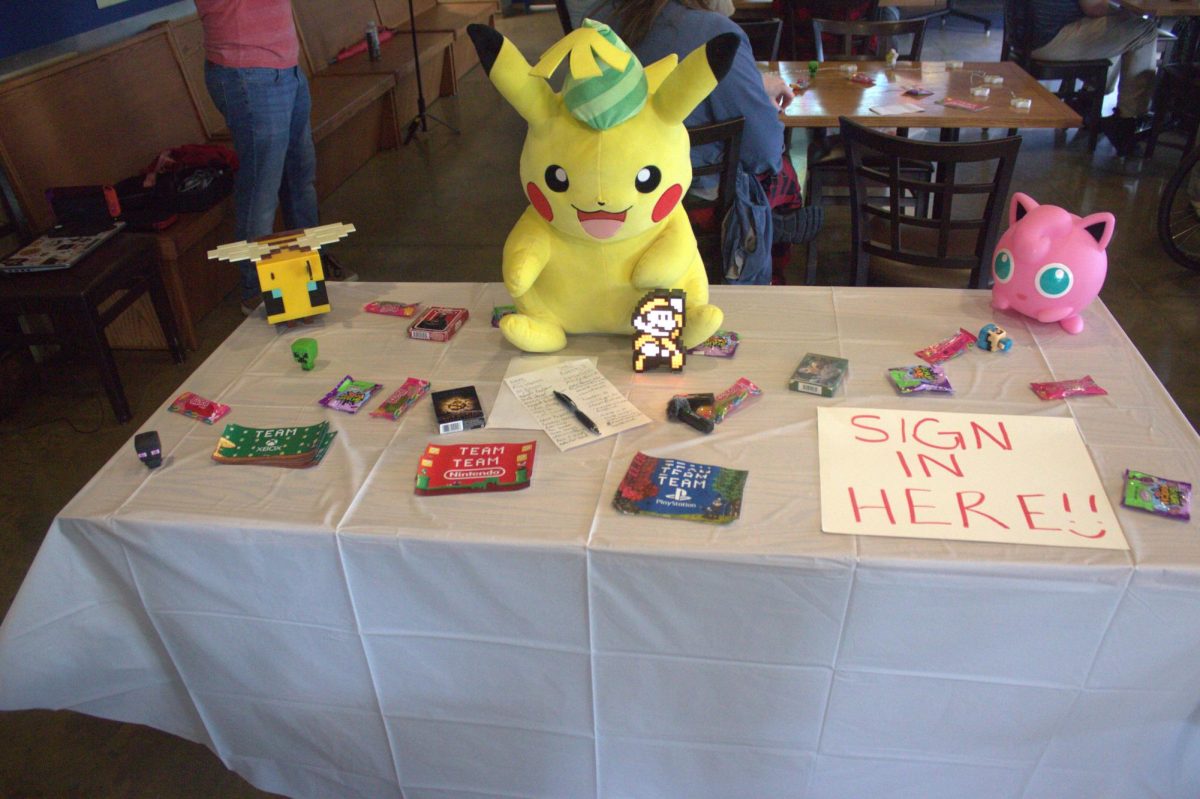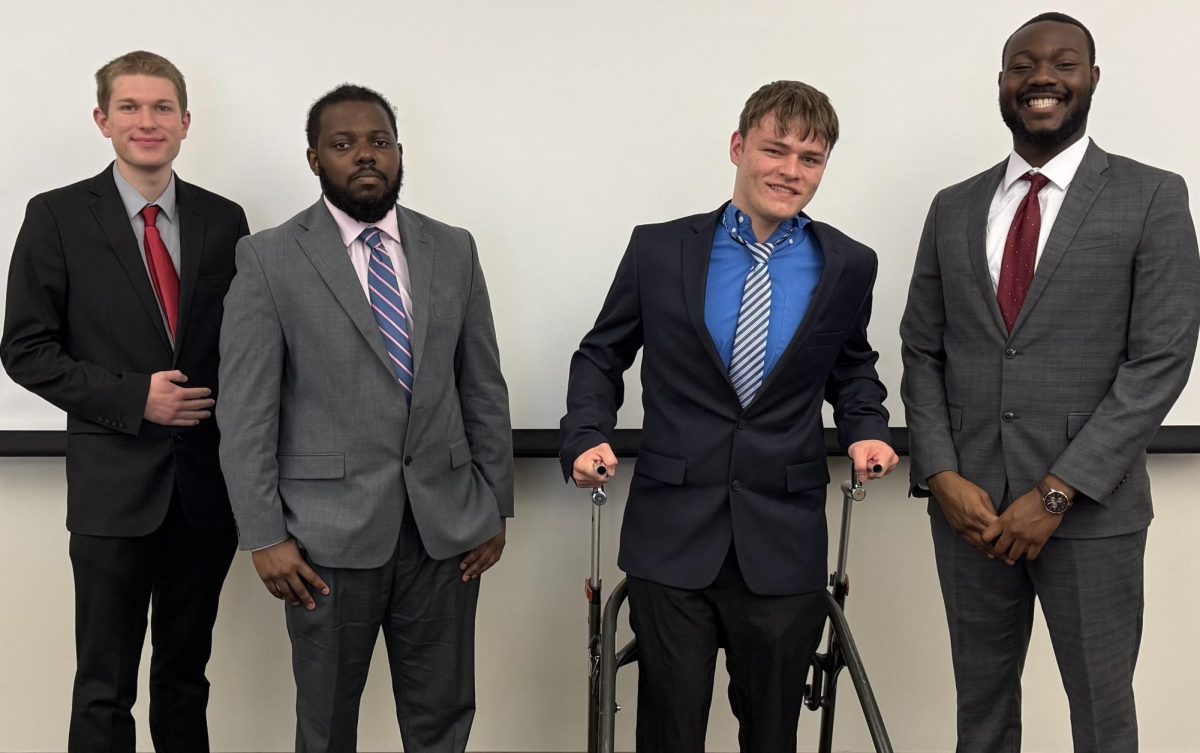The Arab Spring began with the Tunisian people sending their president into exile. The Egyptians followed suit and overthrew Hosni Mubarak. Libya did the same and eventually killed their president Muammar Gadhafi. One of the latest ongoing spots of violence and unrest today is in Syria, a country that has seen decades of violence from those who dare to question its government. Syrians have been fighting to reclaim the dictatorial regime of President Bashar al-Assad and attempt to oust the Ba’ath Party. Al-Assad was instated as president after his father Hafez al-Assad passed away in 2000.
Demonstrations erupted in March 2011 to show support for political prisoners who were jailed for speaking out against the government. Syrian rebels have been fighting to overthrow President Bashar al-Assad, and that has led to the emergence of several different groups who have formed a coalition to speak for Syrian civilians.
The result of the violence in Syria has come with deadly consequences. Massacres of men, women and children, tear gas attacks, car and suicide bombings and other violent tactics have led to an especially dangerous public sphere in Syria. Protests and demonstrations against the regime continue to meet violent resistance and Assad has shown no sign of conceding power.
Refugees from Syria have been shuffled to Turkey, Lebanon and other surrounding nations. Due to the influx of refugees to neighboring countries, the Syrian people face negative attacks from nationals in their new communities. According to the Syrian Arab Red Crescent, 2.5 million people have been displaced within Syria as of November 2012. The BBC says the United Nations has expressed this estimate is a conservative one.
It is important to recognize the location of Syria in the bigger scheme for foreign diplomacy. The neighbor to the north is Turkey, to the south is Jordan, to the East is Iraq and to its west Lebanon. This makes Syria a very important country in terms of U.S. foreign policy. Turkey and the United States have worked closely and have relatively positive foreign relations and Jordan and the U.S. have a close relationship because of its oil reserves.
The U.N. drafted a resolution that Russia and China rejected and later, signed onto a non-binding draft peace plan. The document did not address a full plan of action to put an end to the violence and fighting continued. Additionally, the U.N. Security Council formally condemned the Syrian government’s use of weapons and in May 2012 when near Homs, more than 100 people were killed. Following these attacks, France, the United Kingdom, Germany, Italy, Spain, Canada and Australia cleaned house of senior Syrian diplomats to show their protest of the regime’s actions.
The United Nations has placed different sanctions on Syria and continues to condemn the government’s use of violence against its people. Several international aid and justice organizations have called for al-Assad and his sympathizers to concede and stand trial for crimes against humanity.
So with the continued violence, one wonders – where has the support from the United States been to find a peaceful solution?
Freshman accounting major Amena Tayyab said she think the United States has not done enough to show its opposition to the violence in Syria. “We’re living in a society where no one cares and the government backs off and doesn’t do much, it plays a difference in what the people will do – and that’s what the government will do,” she said.
Most recently, the U.S. announced it would evaluate the possibility of providing weapons to Syrian rebels to help them defend themselves against al-Assad’s regime. Tayyab said she doesn’t think that would save Syrian lives.
“If we look at history aka Cuba, Chile, Afghanistan, there were problems because what we (the U.S.) would do is install someone in power who was nice to us as the leader,” she said. “And if that is not what their intention is whatsoever, the best thing to do is man up and do something about it. Take a bigger stance, tell the U.N. leaders we need to do something because that’s the whole point of the U.N.”
Tayyab also said she thinks the Arab Spring was good in theory but not necessarily in practice, citing instability as a major consequence of overthrowing regimes.
“Fifteen years ago, we (the U.S.) tried to befriend leaders who would sell oil to us at a nice price and to be friendly to us and that backfired,” said Tayyab. “Former President George W. Bush said we should start having better relations with the Middle East, and that when one country declared independence from Al-Qaeda members then everything would be good. But that did not happen.”
She added that instability in the region could be long-term. “Yes it’s nice that people are free now, but there is so much unrest that they had followed their system for so long that now there is no system. It’s going to take a very long time to create a new one.”
Tayyab said she really thinks awareness surrounding Syria is important, as that would put political pressure on the U.S. to act. She added that since she first learned about the violence overseas, it has made a huge impact on her.
“I saw a post on Facebook from the massacre in Homs, and it was a picture of three young brothers who has died. They were shot, bloody and you could see they had urinated on themselves because they were so scared,” she said. “That was the first time I was physically sick from seeing such a picture. I thought, who in their right mind would do something like that to these kids?”
Marty Muloski is a 2nd year Mollecular Biology grad student. He has also been following the news on Syria and doesn’t think the U.S. should get involved.
“If they get involved, it would make things worse. Maybe if Syria needs help writing a constitution, we can help there,” he said.
“Look at when we got involved in Afghanistan and stop the Soviets from invading. We ended up helping the Taliban out by supplying weapons to the region,” he said. Muloski added that although Assad is a violent dictator, there is a possibility that another power that is backing him and keep him in office or a radical Islamic faction could take power and mess the political climate further in Syria.
Like Tayyab, Muloski is skeptical of the long-term future of the Arab Spring. “Overall, it was great they brought democracy but I’m unsure of some of the groups that have taken power since then, such as in Egypt. The [Egyptians] just went through all this effort to get rid of a dictator and now they have a new one,” he said.
Muloski is hopeful a peaceful solution is possible in Syria and in the Middle East as a whole. “The Middle East is the center of all civilizations and I think if they got away from having religious laws, then I think they can move back toward where they could be.”
He also added that as a student of UIS, he has a strong message to send to his peers about what’s happening overseas in Syria and conflicts around the world. “People need to be more aware of what’s going on in the world because in one way or another, it affects them.”







